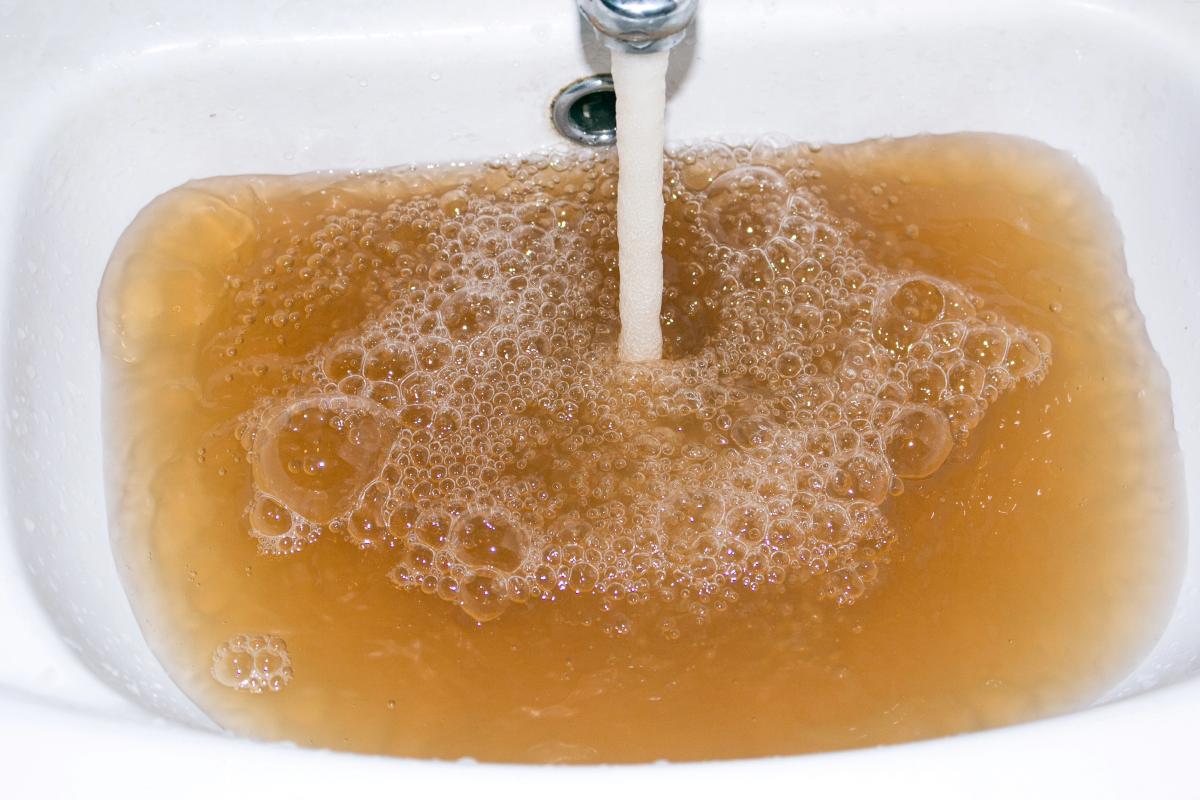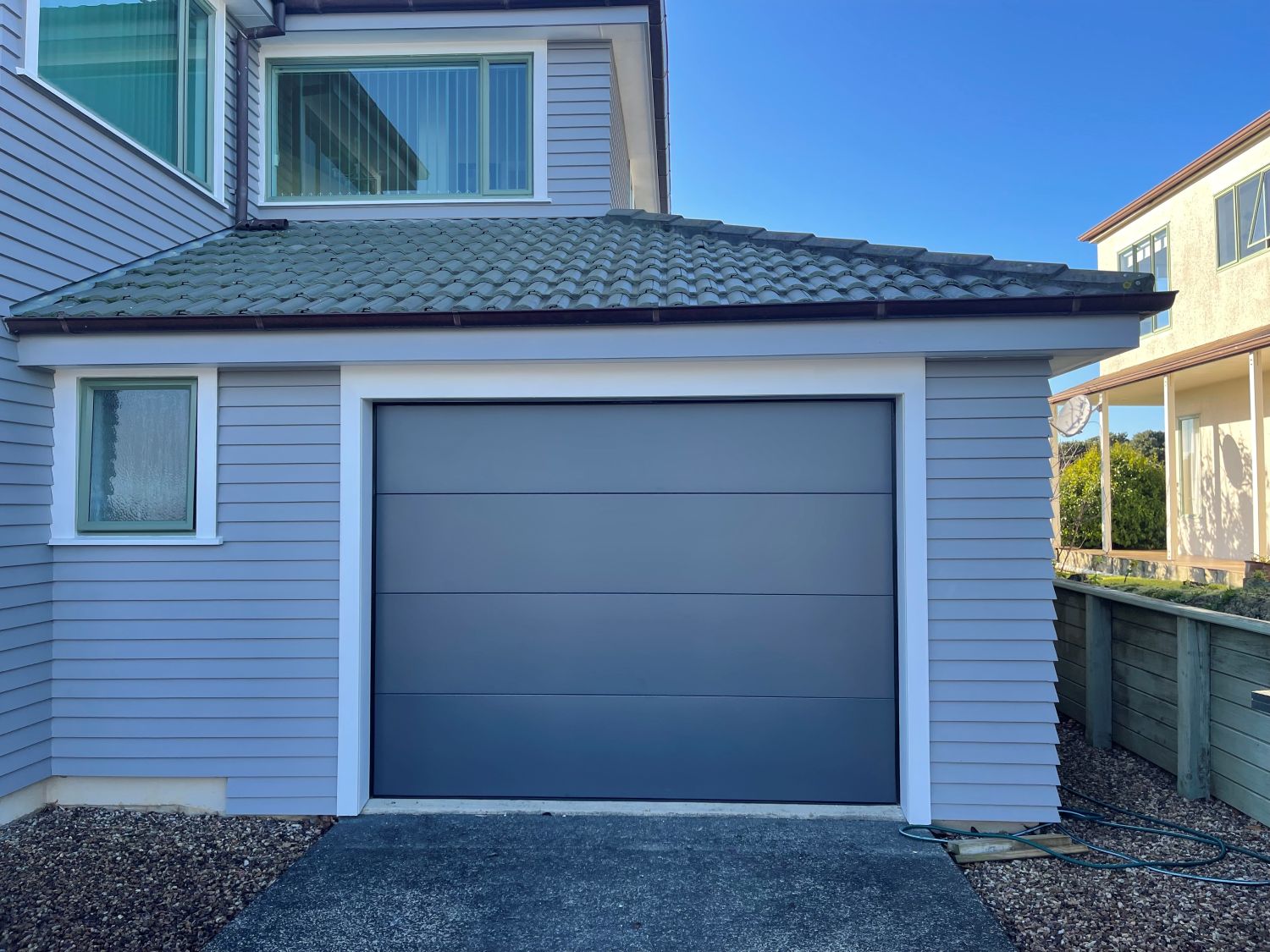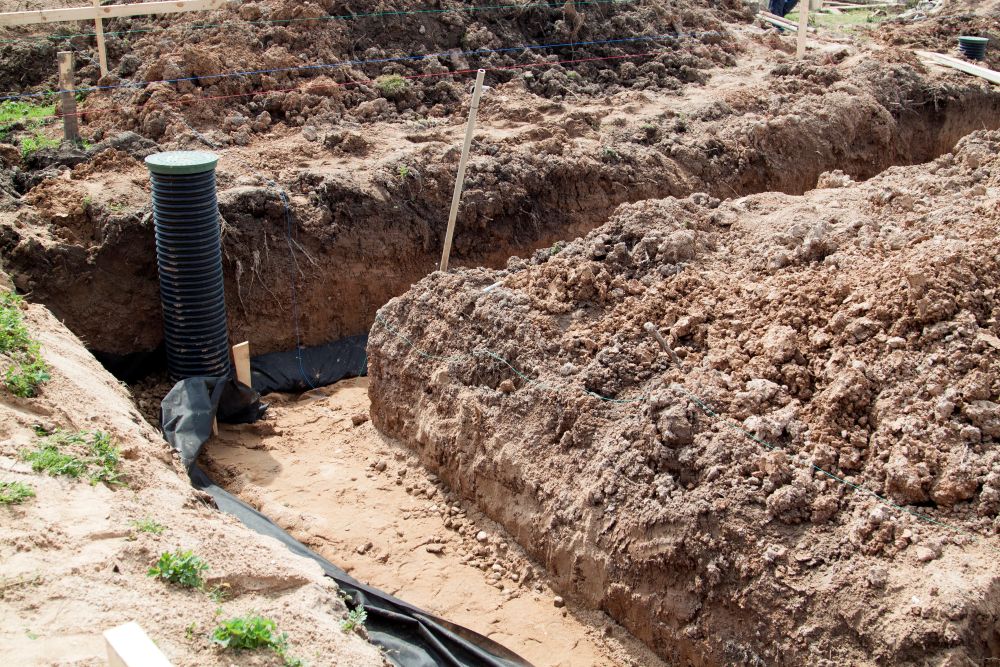Living by the sea is a lifestyle many dream about. The views, the breeze, and that sense of calm you get from being close to the water are hard to beat. But coastal living has its trade-offs. The salty air that feels so refreshing is also quietly corroding your plumbing. Salt and moisture seep into fittings and fixtures, breaking them down faster than you might expect.
Homes in Porirua’s coastal suburbs, like Titahi Bay, Plimmerton, and Mana, face unique challenges. Stormwater runs heavy after rainfall, water pressure fluctuates, and metal components wear out earlier than they should. Homeowners who work with an experienced plumber in Porirua tend to catch these issues early and prevent the costly failures that salt air can cause.
The good news is that most of these headaches can be prevented with regular maintenance, durable materials, and some local know-how.
TL;DR
- Coastal air speeds up corrosion, so Porirua homes need more frequent plumbing checks.
- Marine-grade stainless, copper, and PVC last longer than standard steel or brass fittings.
- Autumn and spring are the best times for full-system inspections to prevent winter and summer damage.
- Sand and stormwater debris block drains quickly, so keep roof gutters and sumps clear before heavy rain.
- A trusted local plumber in Porirua understands how to protect plumbing systems from salt, moisture, and pressure changes.
Why Coastal Plumbing Needs Special Attention
The Hidden Cost of Salt and Moisture
Salt in the air doesn’t stay outside. It clings to metal surfaces, works its way into fittings, and gradually eats through plumbing components. Even small amounts can cause trouble over time. Outdoor taps, hot water systems, and garden plumbing are particularly at risk. Once corrosion sets in, leaks start forming and fittings can fail without much warning.
Indoor areas are not safe either. Steam from showers mixes with salty air coming in through windows, which accelerates the build-up of surface rust on bathroom fixtures. If you spot brown or orange marks around fittings, it is a sign that corrosion is already at work. Cleaning and coating metal surfaces regularly helps prevent damage from spreading.
Pressure Problems and Stormwater Stress
Coastal weather is unpredictable, and when the rain comes, it comes hard. Homes around Porirua often deal with sudden downpours and high winds that put pressure on roof drains and stormwater systems. Sand, leaves, and grit can quickly block sumps or downpipes, and when that happens, the water has nowhere to go.
Backflow and flooding are common side effects of poor stormwater maintenance. What starts as a slow drain can lead to cracked pipes, joint failures, and damage beneath the surface. Coastal plumbing systems need to be checked more often to keep them clear and performing under pressure.
Common Plumbing Mistakes in Coastal Homes
Using the Wrong Materials
The most common mistake in coastal plumbing is using materials that can’t handle salt exposure. Standard galvanised fittings or low-grade steel pipes are affordable upfront but rarely last more than a few years near the coast. They rust fast and start leaking before you know it.
Better options include marine-grade stainless steel, copper, and quality PVC. These materials hold up far longer and can handle Porirua’s coastal moisture without breaking down. The initial cost is slightly higher, but the long-term savings on replacements and repairs are significant.
Ignoring Preventive Maintenance
Another mistake is waiting for a problem before calling a plumber. In coastal environments, a minor drip or bit of surface rust can quickly turn into a serious leak. Corrosion spreads fast when salt is involved, and what starts as a small repair can become a full system replacement if left too long.
Regular maintenance is key. Homeowners should check taps, valves, and joints every few months. Flush the hot water cylinder once or twice a year to remove sediment build-up that often occurs in coastal water systems. Replacing seals and washers before they wear out saves a lot of stress down the line.
Skipping Regular Drain Cleaning
Blocked drains are a year-round issue near the coast. Sand, grass, and small stones often get into stormwater drains after rain or wind. Once a blockage forms, it can cause slow drainage, standing water, or flooding. Regularly cleaning roof gutters, downpipes, and sumps keeps the water flowing and protects your property during heavy weather.
Expert Tips for Avoiding Costly Plumbing Repairs
Schedule Seasonal Checks with a Local Plumber
Plumbing systems in Porirua homes need to be inspected at least twice a year. The best times are autumn and spring. Autumn checks prepare your property for the heavy winter rains, and spring inspections catch any corrosion or damage caused by cold, wet weather.
A local plumber familiar with Porirua’s coastal environment can identify weak points quickly. They know where salt builds up, how local water pressure behaves, and what materials perform best. Partnering with someone who understands the area saves time, money, and repeat visits.
If you’ve noticed weak water flow or inconsistent pressure around the house, it’s worth checking your system. Our guide on how to test hot water pressure walks through simple steps to spot issues before they become expensive repairs.
Protect Fixtures and Outdoor Systems
Outdoor taps, pipes, and irrigation systems face the brunt of the elements. Coat metal fittings with corrosion-resistant spray, and replace any parts showing surface rust before they start leaking. Insulate exposed pipes to protect against moisture and temperature changes.
If you have outdoor water heaters or pumps, keep them covered and away from direct sea spray. Simple steps like these slow down corrosion and prevent early failure of expensive equipment.
Upgrade to Coastal-Grade Materials
If your home is older or undergoing renovations, consider upgrading your plumbing materials. Coastal-grade options like marine stainless steel or PVC are designed to handle salt exposure and high humidity. Copper is another durable choice that performs well in seaside conditions.
The upfront investment pays for itself by reducing long-term repair costs and extending the lifespan of your plumbing system. Cheap fittings might save a few dollars now, but they rarely stand up to Porirua’s salty air for long.
Signs Your Plumbing Is Already Taking Damage
Early Warning Signs to Watch For
Coastal corrosion starts small. It’s easy to miss the early stages, but spotting them in time can prevent major repairs later. Keep an eye out for:
- Discoloured or metallic-tasting water
- Rust stains near taps, valves, or exterior pipes
- Reduced water pressure in one part of the house
- Damp patches or moisture around fittings
- Outdoor taps that drip or feel loose when turned
If you notice any of these signs, contact a local plumber in Porirua for an inspection. Acting early prevents small leaks from spreading and saves you from more expensive work later.
Building a Maintenance Mindset for Coastal Living
Living by the sea requires a different way of thinking about home care. Plumbing maintenance is not a one-time job. It is part of protecting your property from the elements. A coastal home is exposed to salt, humidity, and strong winds almost every day. That means you need to keep an eye on your plumbing more often than someone living inland.
The goal is to prevent damage, not fix it after the fact. Setting up a simple schedule for inspections and cleaning helps avoid surprise breakdowns. If you work with a plumber who understands the Porirua climate, you will get advice that actually fits your property’s needs.
Over time, this mindset pays off. Your plumbing lasts longer, your water stays clean, and your repair bills stay small. Coastal living is worth the effort when your home’s systems are ready for it. The difference between constant breakdowns and a reliable system often comes down to maintenance and materials.
A few hours of preventive care each season keeps your plumbing in good shape and your home protected from the corrosive coastal air. It’s a habit every Porirua homeowner should build into their yearly routine.


